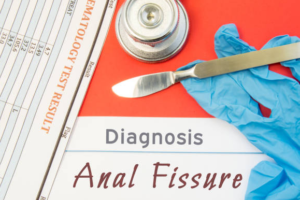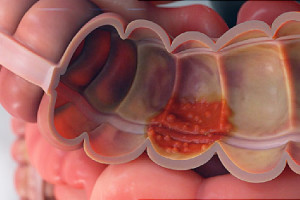
Dementia is a term used to define various cognitive decline disorders like memory loss, Parkinson’s, Alzheimer’s, etc. It usually occurs in aged people above 60 years of age. However, this condition is not a normal part of aging.
Symptoms of Dementia
Various signs of forgetfulness or dementia are experienced because of the prominent loss of healthy neurons in the brain. The symptoms of this illness might vary depending upon the type of memory loss or forgetfulness the person is experiencing.
However, below are some of the common symptoms of dementia
- Memory loss is a major symptom of dementia. For example, people prone to dementia might repeatedly ask the same questions.
- Difficulty in remembering simple words.
- Difficulty in completing known tasks like making a phone call or cooking a meal
- Disoriented thoughts
- Misplacing things and forgetting it very often
- Unexplained mood swings
- Sudden personality changes like becoming more irritable, furious, and fearful
- Loss of interest and enthusiasm to do things
Types of dementia
On a higher level, dementia can be categorized into two types
- Reversible
- Irreversible
Reversible dementia-like symptoms are the conditions that could be halted or reversed with treatment. For instance, hydrocephalus is a condition that induces dementia-like symptoms. With proper dementia treatment, these symptoms can be reversed and the patient can lead a healthy and normal life.
Below are some of the other conditions that instigate dementia-like symptoms that can be reversed with effective treatment.
- Side effects of certain medications
- Anxiety, or depression
- Too much alcohol consumption
- Tumors
- Head injury due to accident
- Thyroid or liver problems
On the other hand, irreversible dementia involves conditions that have no proven medical dementia treatment. These include:
- Alzheimer’s
- Lewy body
- Mixed and vascular dementia
- Frontotemporal disorders
A broader view of dementia types
Alzheimer’s
Alzheimer’s is commonly caused due to protein abnormalities. Alzheimer’s sufferers have fewer brain cells and neurotic connections. They also experience brain shrinkage and the death of healthy nerve cells.
Mixed dementia
A combination of two or three types of illness is known as mixed dementia. For instance, a person might be affected by Alzheimer’s and Lewy body at the same time.
Dementia with Lewy bodies
This type of dementia is caused due to the abnormal formation of brain cells.
Parkinson’s disease
Parkinson’s is associated with Lewy bodies’ dementia. Immobility and memory loss are some of the major symptoms of Parkinson’s disease.
Stages of the Illness
First stage – Mild cognitive decline:
This stage includes memory loss. Most people above 60 experience mild cognitive decline but only a few cases progress to dementia.
Second stage – Mild dementia:
In this stage, people might experience difficulties in carrying out their daily tasks. Common symptoms of mild dementia include memory loss, difficulty in planning, confusion, and getting lost.
Third stage – Moderate dementia:
People in the third stage of dementia find daily activities like cooking and dressing extremely difficult. They might require help to complete their tasks. Drastic personality changes and insomnia are some of the symptoms of moderate dementia.
Fourth and the final stage of dementia – Severe dementia:
At this stage, the dementia sufferer experiences intense symptoms like difficulty in communication. It is extremely hard for the patient to even hold up their head or control their bladder and bowel movements.
Causes of dementia
Excessive death of healthy brain cells is the main cause of dementia. Other causes might include head injury, depression, tumors, thyroid, liver dysfunction, or stroke.
Traumatic and repetitive brain injury (mostly in the case of a sports person) might also result in dementia. Dementia can also be caused due to HIV infections – the virus damages the brain cells and causes dementia-symptoms.
Diagnosis for dementia
Even though dementia is a perilous condition, it can be cured with appropriate medication. Various well-trained doctors undertake dementia treatment in India. This promises an effective treatment for people with this condition.
The first step to diagnose dementia is to examine if the patient has any underlying reversible abnormalities like thyroid, vitamin deficiency, and abnormal hydrocephalus that might lead to cognitive dysfunctions. Doctors treating dementia do the below assessment to provide effective treatment
Medical history
Assessing if the patient has any of the following will help the doctors choose the right method of treatment
Physical Diagnosis
Physical diagnosis includes:
- Checking blood pressure
- Thyroid levels
- Any liver or spleen dysfunction
- Heart rate and the probability of stroke
Physical diagnosis includes:
- Checking blood pressure
- Thyroid levels
- Any liver or spleen dysfunction
- Heart rate and the probability of stroke
Neurological tests
Assessing cognitive functions like memory, reflexes, and sensory responses. This might help identify the stage of dementia and provide treatment accordingly.








